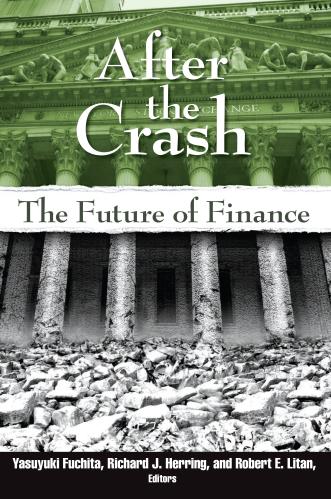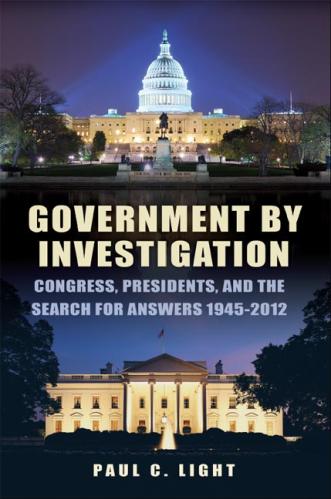This paper was the winner of the
2010 TIAA-CREF Paul A. Samuelson Certificate of Excellence
for outstanding research containing ideas that the public and private sectors can use to maintain and improve America’s lifelong financial well being.
Related Content

Samuel G. Hanson, Victoria Ivashina, Laura Nicolae, Jeremy C. Stein, Adi Sunderam, Daniel K. Tarullo
March 27, 2024

Aaron Klein
September 28, 2017

Aaron Klein
June 7, 2017
Related Books

Yasuyuki Fuchita, Richard J. Herring, Robert E. Litan
August 24, 2010

Paul C. Light
October 22, 2013

Mary Graham
August 26, 2002


